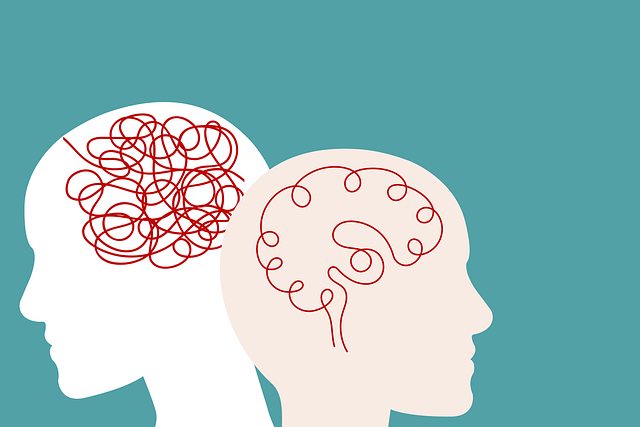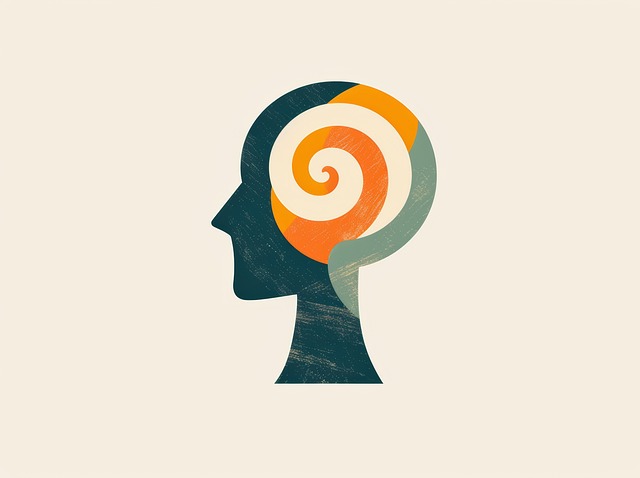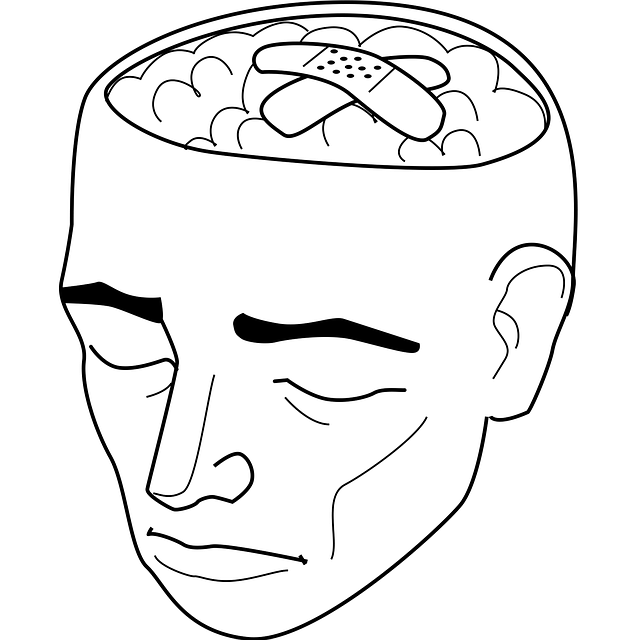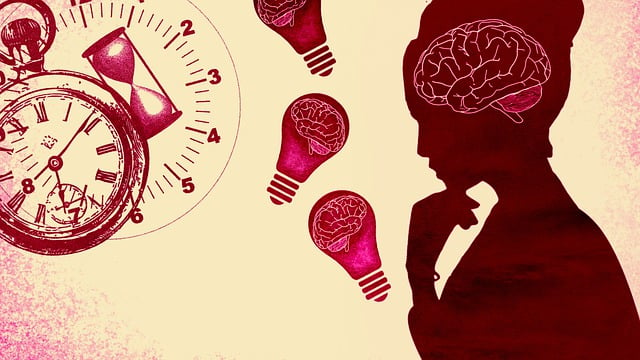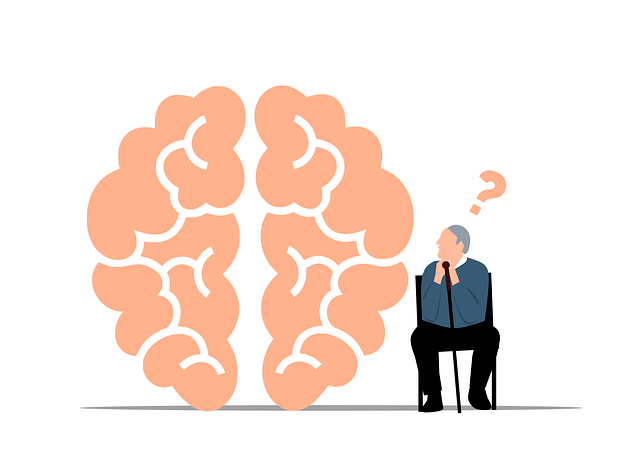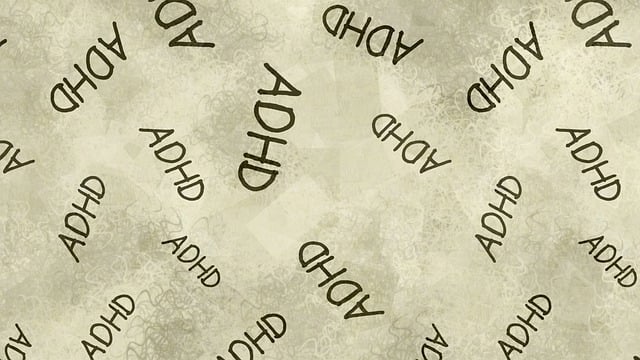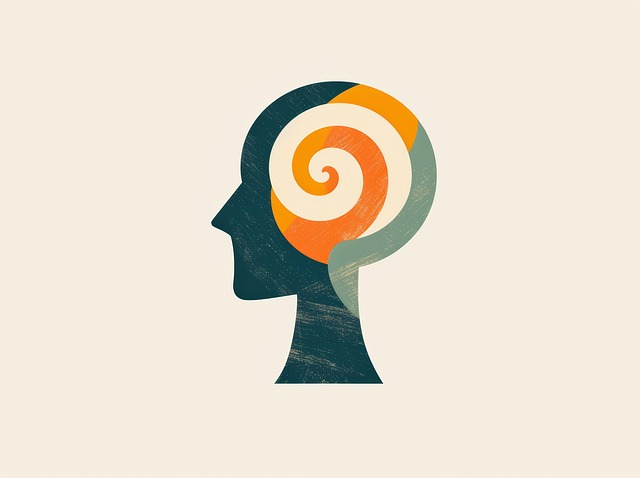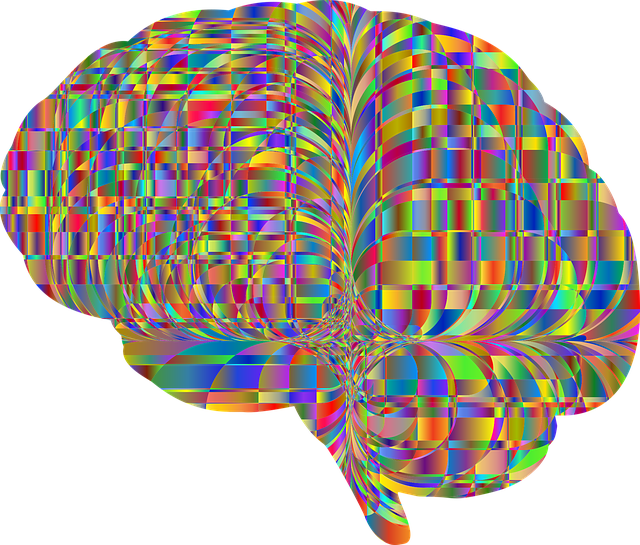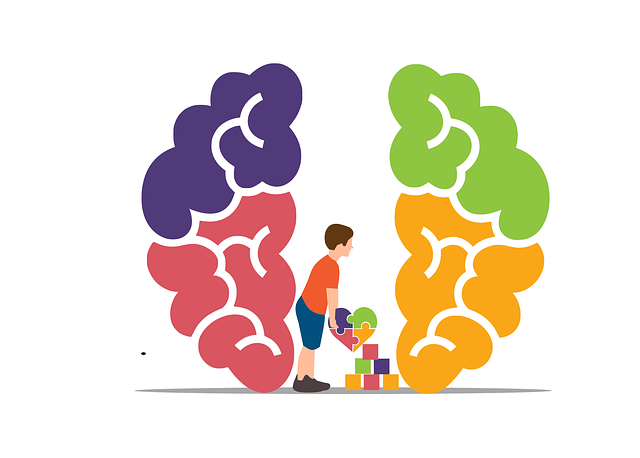Mental health data analysis is a multi-step process that begins with collecting information from various sources, such as clinical settings and digital platforms, using methods like surveys and medical records. The data is then processed and cleaned to ensure accuracy. Cognitive Processing Therapy (CPT), including Golden Cognitive Processing Therapy (GCPT), focuses on identifying and modifying negative thought patterns, leading to improved emotional intelligence and positive thinking. GCPT has shown effectiveness in treating anxiety and depression. Advanced statistical methods and qualitative techniques are used to uncover trends and the impact of treatments like GCPT. Interpretation of these data is crucial for shaping treatment outcomes, personalizing Mental Health Education Programs, and improving patient confidence and care quality.
Mental health data analysis is a powerful tool in understanding and improving well-being. This comprehensive guide explores the process, from collecting diverse data sources to advanced analytical techniques. We delve into the intricacies of preprocessing for accurate insights and present Golden Cognitive Processing Therapy (GCPT) as an innovative approach. By examining analytical methods, we uncover actionable strategies for treatment planning, emphasizing the significance of data-driven decisions in mental health care.
- Understanding Mental Health Data: Collection and Sources
- Preprocessing and Cleaning: Preparing the Data for Analysis
- Golden Cognitive Processing Therapy (GCPT): A Deeper Look
- Analytical Techniques for Mental Health Insights
- Interpreting Results and Informing Treatment Strategies
Understanding Mental Health Data: Collection and Sources

Understanding Mental Health Data is a crucial first step in any analysis or interpretation process. Data related to mental health can be garnered from various sources, including clinical settings, research institutions, and even digital platforms. Surveys, questionnaires, medical records, and observations are common methods of data collection. These sources provide valuable insights into individuals’ psychological well-being, behaviors, and thoughts.
One effective approach for interpreting such data is through the lens of Cognitive Processing Therapy (CPT), which focuses on identifying and modifying negative thought patterns. By analyzing mental health data, researchers and therapists can gain a deeper understanding of patients’ cognitive processes, especially those related to emotional intelligence and positive thinking. This knowledge enables the development of tailored interventions, like Social Skills Training, to enhance overall mental well-being and foster more adaptive coping strategies.
Preprocessing and Cleaning: Preparing the Data for Analysis

Mental health data analysis begins with a critical step: preprocessing and cleaning. This involves preparing raw data for analysis by addressing various issues that may skew results or hinder accurate interpretation. For instance, missing values need to be handled—either through imputation methods or deletion, depending on the nature of the data. Outliers, which can significantly impact analyses, must also be identified and managed appropriately.
In the context of cognitive processing therapy, such preprocessing is crucial for understanding patient progress. Data might include self-awareness exercises and stress management workshop outcomes. By meticulously cleaning these datasets, researchers and therapists can focus on meaningful insights rather than spurious correlations. This ensures that interventions like Golden Cognitive Processing Therapy are evaluated effectively, ultimately leading to better burnout prevention strategies within organizations.
Golden Cognitive Processing Therapy (GCPT): A Deeper Look

Golden Cognitive Processing Therapy (GCPT) is a relatively new yet powerful approach to mental health treatment, gaining recognition for its effectiveness in addressing various cognitive and emotional challenges. This therapy focuses on identifying and modifying negative thought patterns, which can significantly impact an individual’s overall mental wellness. By delving into the complex relationship between thoughts, feelings, and behaviors, GCPT aims to empower individuals to take control of their mental health journey.
The therapeutic process involves a series of structured steps designed to help clients gain insights into their cognitive processes. Through expert guidance, individuals learn to recognize unhelpful thought patterns and develop strategies to challenge and replace them with more adaptive ones. This not only enhances self-awareness but also promotes self-esteem improvement and fosters healthier emotional responses. As part of the Mental Wellness Podcast Series Production or even a Mental Wellness Journaling Exercise Guidance, exploring GCPT can offer valuable tools for managing stress, anxiety, and depression, ultimately contributing to improved mental health outcomes.
Analytical Techniques for Mental Health Insights

In the realm of mental health data analysis and interpretation, a multitude of analytical techniques offer valuable insights for understanding complex psychological phenomena. Advanced statistical methods, such as regression analysis and machine learning algorithms, play a pivotal role in identifying patterns and trends within large datasets. By examining these patterns, researchers can gain profound knowledge about various aspects of mental well-being and distress, including the impact of treatment modalities like Golden Cognitive Processing Therapy (GCPT). GCPT, renowned for its effectiveness in treating anxiety and depression, benefits from data analysis which helps tailor interventions to individual needs, thereby enhancing therapy outcomes.
Beyond statistical approaches, qualitative methods like thematic analysis and narrative inquiry contribute unique perspectives, especially when exploring lived experiences of individuals navigating mental health challenges. Integrating these diverse analytical techniques within a holistic framework allows for comprehensive Mental Health Policy Analysis and Advocacy, guiding the development of Crisis Intervention Guidance that prioritises Inner Strength Development. This multifaceted approach ensures that mental health support is not just reactive but proactive, fostering resilient communities where individuals are empowered to thrive.
Interpreting Results and Informing Treatment Strategies

Interpretation of mental health data is a delicate process that can significantly influence treatment outcomes. By meticulously analyzing patient records and utilizing advanced statistical methods, healthcare professionals can uncover valuable insights into individual experiences and behaviors. This involves identifying patterns, trends, and correlations within the data that may not be immediately apparent. For instance, through this analysis, one might discover that certain therapeutic techniques, such as Golden Cognitive Processing Therapy, yield more positive results for specific patient demographics or when combined with tailored empathy-building strategies.
The insights gained from data interpretation empower mental health practitioners to make informed decisions regarding treatment planning. It allows for the design of personalized Mental Health Education Programs that cater to individual needs, enhancing the overall effectiveness of care. Moreover, it facilitates a more precise understanding of what works best, leading to adjustments in therapeutic approaches and potentially improving patient outcomes, including confidence boosting strategies.
Mental health data analysis is a powerful tool that, when combined with effective therapeutic approaches like Golden Cognitive Processing Therapy (GCPT), can significantly enhance treatment outcomes. By meticulously understanding, preprocessing, and interpreting this data, healthcare professionals can gain valuable insights to tailor treatment strategies, ultimately improving patient care and well-being. This comprehensive process ensures that the latest analytical techniques are utilized to uncover meaningful trends and patterns, making a profound impact in the field of mental health support.
